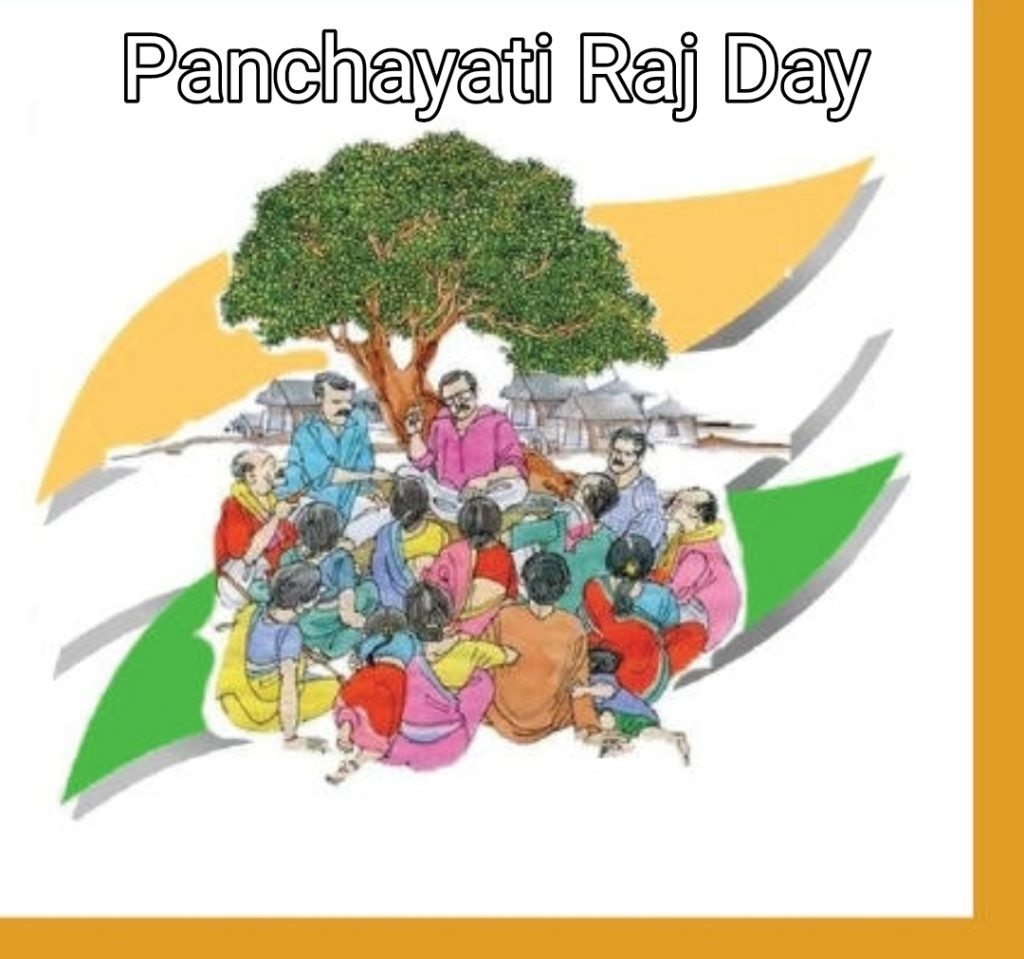
P. A. Chacko
Today India celebrates National Self-government Day.
It is Mahatma Gandhi’s dream come true. He believed that every citizen has a role in governance, starting from the grassroots to the topmost level of our democratic setup.
Decentralization is the key. Hence, Gandhiji named it Gram Swaraj or Village governance. The Village is the foundation of our political system.
The village must have a role in discussing its needs, in planning and proposing the course of development. The village is the foundation of political and economic democracy.
Panchayati Raj was constitutionalised through the 73rd Constitutional Amendment Act of 1993.
Gandhiji’s vision was that each village is self-governing republic which decided the process of the fulfilment of its basic needs for developmet, resource utilization and social justice.
This model builds on the indigenous mode of self governance prevalent in India from time immemorial.
The main objectives of the Gram Sabha are:
- Ensure people’s participation in governance;
- Transparency in administration;
- Identifying local level needs and problems and finding solutions;
- Social justice, and
- Effective and accountable way of implementing village level development schemes.
The Provisions of the Panchayats (Extension to the Scheduled Areas) Act, 1996, extend to Scheduled ateas. The purpose is to empower traditionally existing selfgoverning systems.
This Act is to provide for the extension of the provisions of Part IX of the
Constitution relating to the Panchayats to the Scheduled Areas.
The related provisions are:
- A village shall ordinarily consist of a habitation or a group of habitations or a
hamlet or a group of hamlets comprising a community and managing its affairs in
in accordance with traditions and customs; - Every village shall have a Gram Sabha consisting of persons whose names are
included in the electoral rolls for the Panchayat at the village level; - Every Gram Sabha shall be competent to safeguard and preserve the traditions and customs.
- Every Gram Sabha shall approve the plans, programmes and projects for social and economic
development before such plans, programmes and projects are taken up for
implementation by the Panchayat at the village level; - It is responsible for the identification or selection of persons as beneficiaries under
the poverty alleviation and other programmes; - Every Panchayat at the village level shall be required to obtain from the Gram
Sabha a certification of utilisation of funds by that Panchayat for the plans,
programmes and projects. - The reservation of seats in the Scheduled Areas at every Panchayat shall be in
proportion to the population of the communities
provided that the reservation for the Scheduled Tribes shall not be less than one-half
of the total number of seats. - The seats of Chairpersons of Panchayats at all levels shall be
reserved for the Scheduled Tribes.
If implemented properly, the village republic will be a powerful democratic segment for social justice and development.
However, certain danger signal are appearing. In order to capture local political power in scheduled areas, non-tribals get married to tribal people. Taking advantage of reservations, the non-tribals use their tribal partners as tools to capture political and economic power.
“Eternal vigilance is the price of liberty” (Quotation attributed to Thomas Jefferson).